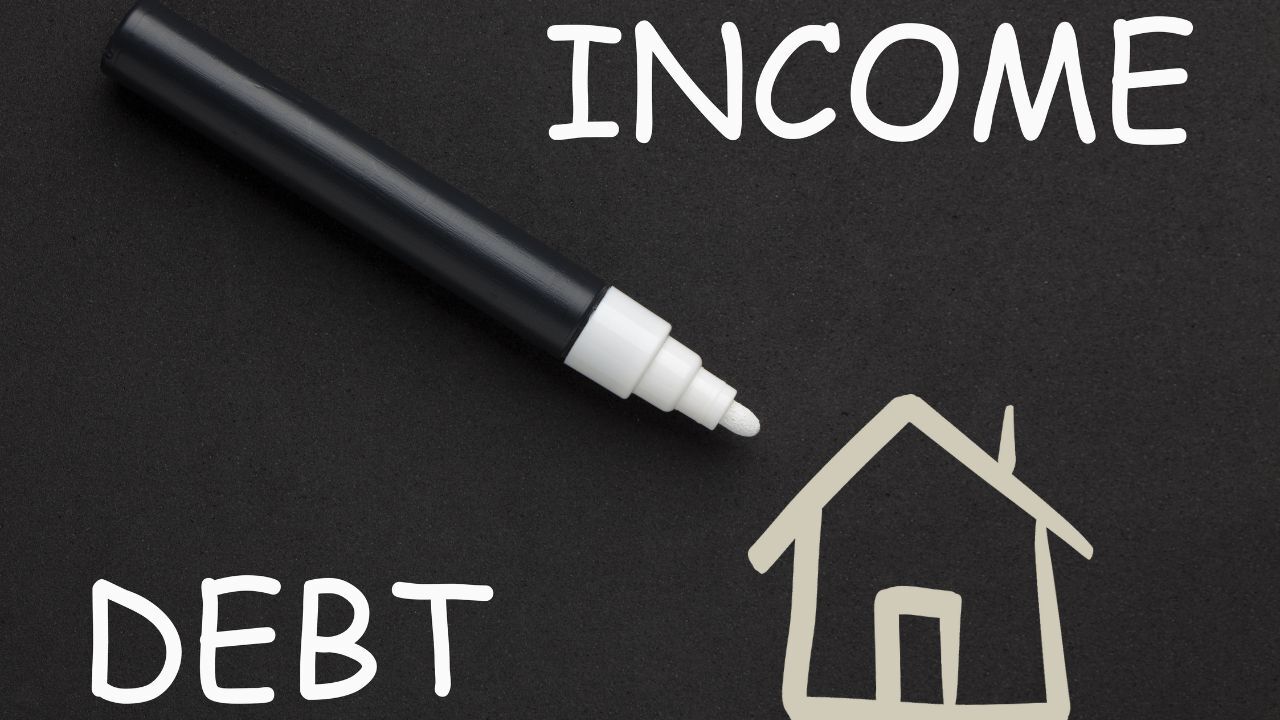 For homeowners facing temporary financial hardship, mortgage payment deferral programs can provide much-needed relief. These programs allow borrowers to pause or reduce their monthly mortgage payments for a specific period, helping them avoid foreclosure while stabilizing their finances.
For homeowners facing temporary financial hardship, mortgage payment deferral programs can provide much-needed relief. These programs allow borrowers to pause or reduce their monthly mortgage payments for a specific period, helping them avoid foreclosure while stabilizing their finances.
What is a Mortgage Payment Deferral?
A mortgage payment deferral allows borrowers to temporarily postpone their monthly mortgage payments. The deferred payments are not forgiven but are typically added to the end of the loan term or repaid through a repayment plan.
Who Qualifies for a Mortgage Deferral Program?
Eligibility criteria vary by lender and loan type, but common factors include:
- Experiencing financial hardship due to job loss, illness, or natural disasters.
- Being current on mortgage payments or having a history of timely payments.
- Providing documentation to support the hardship claim.
How Does the Deferral Process Work?
- Application: Homeowners must contact their lender to request a deferral and provide evidence of financial hardship.
- Approval and Terms: The lender evaluates the request and outlines the terms of the deferral, including the length of the deferral period and repayment options.
- Repayment Plan: Once the deferral period ends, the borrower may need to make lump sum payments, extend the loan term, or increase future payments to cover the deferred amount.
Key Benefits of Mortgage Payment Deferral
- Temporary Financial Relief: Helps homeowners manage temporary financial challenges without the risk of foreclosure.
- Protection of Credit Score: Many programs are designed to prevent negative credit reporting during the deferral period.
- Flexible Repayment Options: Lenders offer various repayment strategies to accommodate the borrower’s financial situation.
Important Considerations
- Interest Accrual: Interest may continue to accrue on the deferred balance.
- Impact on Loan Term: Adding deferred payments to the end of the loan may extend the repayment period.
- Lender Communication: Regular communication with the lender is essential to understand the program’s terms and avoid penalties.
How to Apply for a Mortgage Payment Deferral
- Contact your lender or loan servicer.
- Explain your financial situation and request information on available deferral programs.
- Submit the required documentation.
- Review and agree to the terms provided by the lender.
Mortgage payment deferral programs can be a lifeline for homeowners facing temporary financial difficulties. Understanding the eligibility criteria, process, and potential impact on your loan can help you make informed decisions and protect your financial stability.
 When you take out a mortgage, you commit to a long-term financial obligation. Understanding mortgage amortization can help you make informed decisions about your loan and how your payments impact your financial future.
When you take out a mortgage, you commit to a long-term financial obligation. Understanding mortgage amortization can help you make informed decisions about your loan and how your payments impact your financial future. When applying for a mortgage, lenders evaluate several factors to determine your loan eligibility. One of the most critical metrics is your Debt-to-Income Ratio (DTI). Understanding how DTI impacts mortgage approval can help you better prepare for homeownership and improve your chances of securing the loan you need.
When applying for a mortgage, lenders evaluate several factors to determine your loan eligibility. One of the most critical metrics is your Debt-to-Income Ratio (DTI). Understanding how DTI impacts mortgage approval can help you better prepare for homeownership and improve your chances of securing the loan you need.